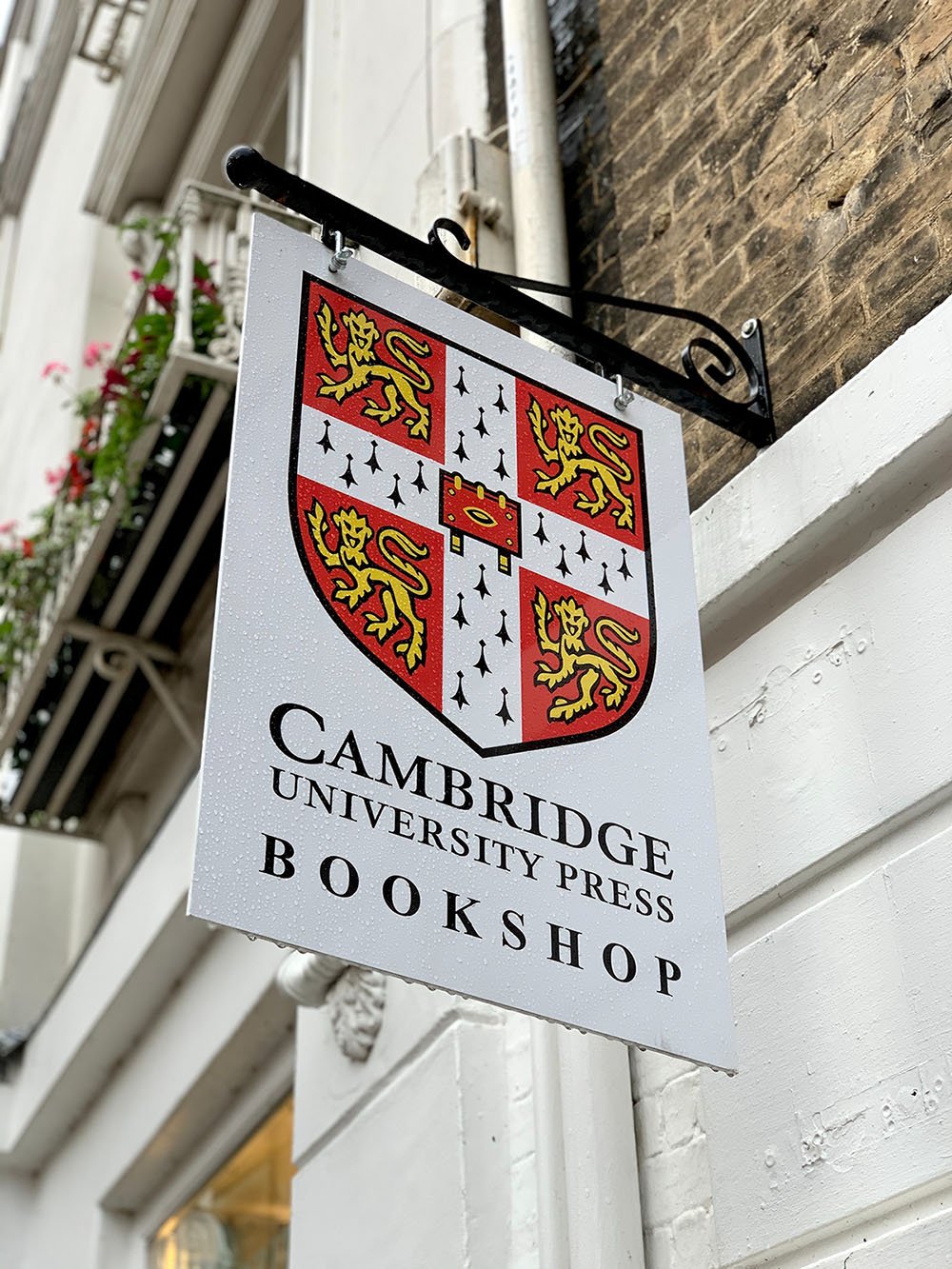 In the UK, around the age of 15 to 16, students take public examinations called GCSEs (General Certificate of Secondary Education). These are the only mandatory public examinations in the UK system, which means that after earning these qualifications, 16-year olds are allowed to leave school altogether; nevertheless 16-year old school-leavers are still required to enrol in some form of traineeship or apprenticeship until the age of 18, even if they start a regular job.
In the UK, around the age of 15 to 16, students take public examinations called GCSEs (General Certificate of Secondary Education). These are the only mandatory public examinations in the UK system, which means that after earning these qualifications, 16-year olds are allowed to leave school altogether; nevertheless 16-year old school-leavers are still required to enrol in some form of traineeship or apprenticeship until the age of 18, even if they start a regular job.
For most students, however, GCSEs are merely a stepping-stone towards A Levels, which in turn are needed for enrollment in universities. GCSEs are designed as a two-year course, though some schools may start teaching the curriculum a year earlier to allow students longer to prepare. The courses culminate in a separate qualification for each subject studied. It is obligatory to study English, math and science, but it is typical for students to study at least five GCSE courses since this is a key metric used by the government in rating schools. However, students who expect to pursue their academic studies to A Level and beyond will likely take 9 or 10 GCSEs, and potentially more.
Other than the mandatory subjects, students have a very wide range of courses that they can choose from, including eclectic choices such as Food Technology or Ceramics. As a result, students can begin to direct their own future trajectory at a young age in the UK system, but choices do need to be carefully made at this stage with one eye on A Levels and University: for example, if a student decides not to study chemistry at GCSE, then they won’t be able to study it at A Level, and then they won’t be able to apply to study medicine at university.
In practice, however, the freedom to choose is usually limited by the options available at the student’s school. For example, “Manufacturing” is a GCSE course that only 50 students took in 2017 since almost no schools have the ability to offer it. Most schools also set their own required courses and typically this follows another important metric – the EBacc, or English Baccalaureate. This is a score – not altogether dissimilar to the GPA – awarded to each individual student based on their exam results in English, Math, Science, a language (either ancient or modern), and either History or Geography. As a result, schools usually expect their students to take all these subjects, and since the English requirement usually involves both English Literature and English language, and the Science requirement counts for either two or three GCSEs, it is not unusual for students to have six or seven courses chosen for them, leaving them with the ability to choose only a few courses for themselves.
Grading
A significant overhaul of the GCSE system in 2017 means that exams are now graded with a number between 1 and 9 rather than with letters. 9 is the highest possible grade, and represents a very high level of achievement, equivalent to the old A* grade. The lowest score to be considered a “pass” is a 4, and any score between 4 and 9 will earn a “level 2” qualification which is almost certainly the minimum needed to pursue further education either at A Level or university. Anything below a 4 will earn a “level 1” qualification and a score below that will earn a U, meaning that it was unclassified.
The new grade system has narrower bands and therefore draws sharper distinctions between students’ relative levels. For example, the old A-grade is now separated between 7 (a standard A) and 8 (a strong A), and similarly the old C-grade is distinguished between 4 (a standard passing grade) and 5 (a strong passing grade).
Universities will almost certainly require a 4 or 5 in English and Math at the very least, but at the upper end it should be noted that more than ten GCSEs will only be beneficial if the grades are consistently high. If studying further courses will overburden a student and cause the quality of their work and the resultant grade to suffer, then doing more courses could easily and unnecessarily backfire.
Assessment
Examinations for GCSEs happen at the end of the second year of study in one flurry of examinations taking place across several days during May and June. Resits – if needed – happen in November. GCSE courses used to contain a lot of coursework until the overhaul in 2017; nowadays there is almost no coursework in GCSE courses and the final examinations are almost entirely responsible for the full grade in almost all subjects.
International GCSEs (IGCSEs)
As well as the regular UK-based GCSEs, there is also a variation called the International GCSE (IGCSE). In the past, IGCSEs were more distinct from the GCSEs, but now that GCSEs have been overhauled and have removed the old coursework requirements, there is really very little to tell between the two tests, and they are certainly treated as interchangeable by universities and businesses.
There are, however, two meaningful differences: first of all, the IGCSE can be sat at multiple sessions throughout the year, in November or January or at the classic end-of-year session during May and June. By contrast the GCSE exams are only sat once a year in May and June, with resits occurring during November if necessary.
The second and more important difference is that the IGCSE is truly an international test. It is offered in over 150 countries whereas the GCSE exam is only offered in the UK and at select schools in a handful of other countries. In other words, someone not based in the UK will almost certainly be looking at taking IGCSEs rather than GCSEs. This will typically be preferable for other reasons too: since the IGCSE course is offered all around the world, it means that an international student whose family moves around the world can continue to study the same course and take the same exam, even when they change countries and change schools.
The IGCSE variant is designed for an international audience, and in some courses it even adapts to different countries. Thus, for example, the UK-centric GCSE requires students in English to study Shakespeare and the GCSE course in History places a lot of significance on British history; meanwhile, the IGCSE in English makes Shakespeare optional, and the IGCSE in History offers more variation in topics and cultures from around the world.
Summary
GCSEs (and IGCSEs) are an important stepping stone in the British system, marking the end of formal schooling for some, and a gateway to further education (at A Level and university) for others. It also marks the first point in the system that a student can begin to pick their own courses, although in practice this ability to exercise choice is typically strongly limited by the school that the student attends. Nevertheless, students start to make plans for themselves and their futures, which is a big hallmark of the UK’s A Level exams and university system. The new system is able to distinguish more precisely between candidates, allowing the best students to shine, while at the same time making it straightforward for almost all students to achieve a solid qualification that they can add to their resumes as they choose their next steps in life.
For support with college planning in the US, UK, EU, or Canada, please contact our office.
By Nick Thomas, Private Tutor, Brad Hoffman, M.S.Ed., Board Certified Educational Planner, and Faya Hoffman, M.A., Board Certified Educational Planner
